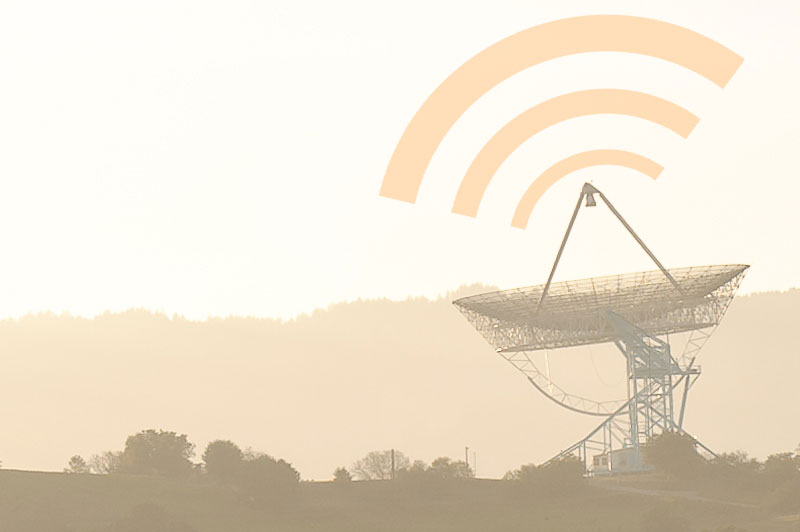Stanford opens first-ever high school digital fabrication lab in Russia
Stanford researchers have partnered with Russian educators to establish their first-ever digital fabrication lab designed specifically for high school students to boost student interest in science, engineering and other fields.
FabLab@School, which opened June 9 in Moscow, features a range of high-tech equipment—a far cry from the test tubes and beakers still seen in today’s high school science labs. Advanced tools — including laser cutters, 3D printers and scanners, chemical sensors and robotics — will enable teachers and students to design and build advanced science experiments, product prototypes, robots and machines and engage in other engineering projects especially aimed at solving real-world problems.
 “We need to connect science and engineering to students’ life, to empower them to find solutions to real-life problems and propose their own inventions,” said PAULO BLIKSTEIN, an assistant professor in the Stanford School of Education.
“We need to connect science and engineering to students’ life, to empower them to find solutions to real-life problems and propose their own inventions,” said PAULO BLIKSTEIN, an assistant professor in the Stanford School of Education.
“Science and engineering can be engaging and fun. No one pursues a career without being passionate about it. We need to have a place like this in schools, where students can at the same time be creative and learn science and mathematics.”
The new lab will serve nearly 750 students at a public high school in Moscow.
Read the full announcement on the School of Education’s website.

